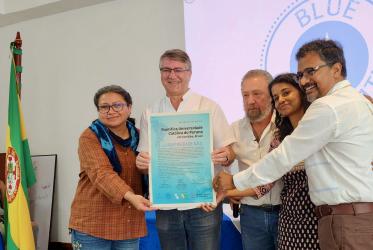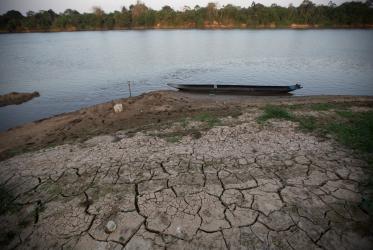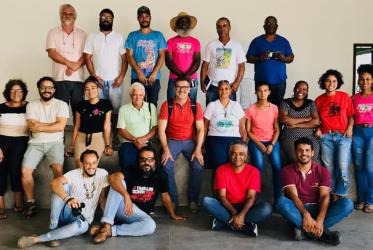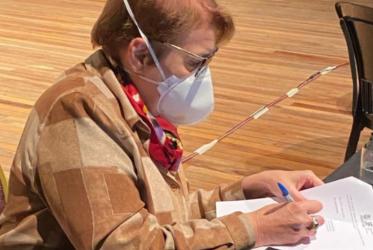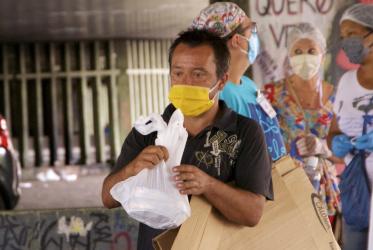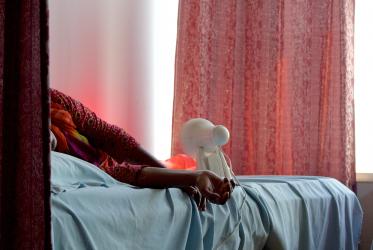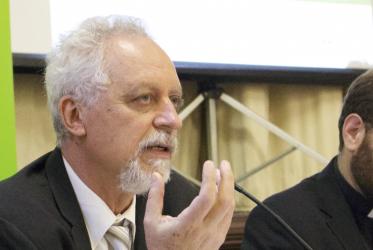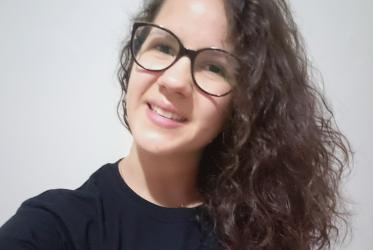Displaying 1 - 20 of 69
17 April 2024
Brazilian ecumenical water network launched
29 July 2021
Pulling together for a living River Pardo
02 July 2021
WCC podcast deals with death and dying
15 December 2020
New student body at Bossey Ecumenical Institute “a source of joy”
14 September 2020
Larissa Aguiar Garcia: "We're opening a safe space”
26 September 2019

